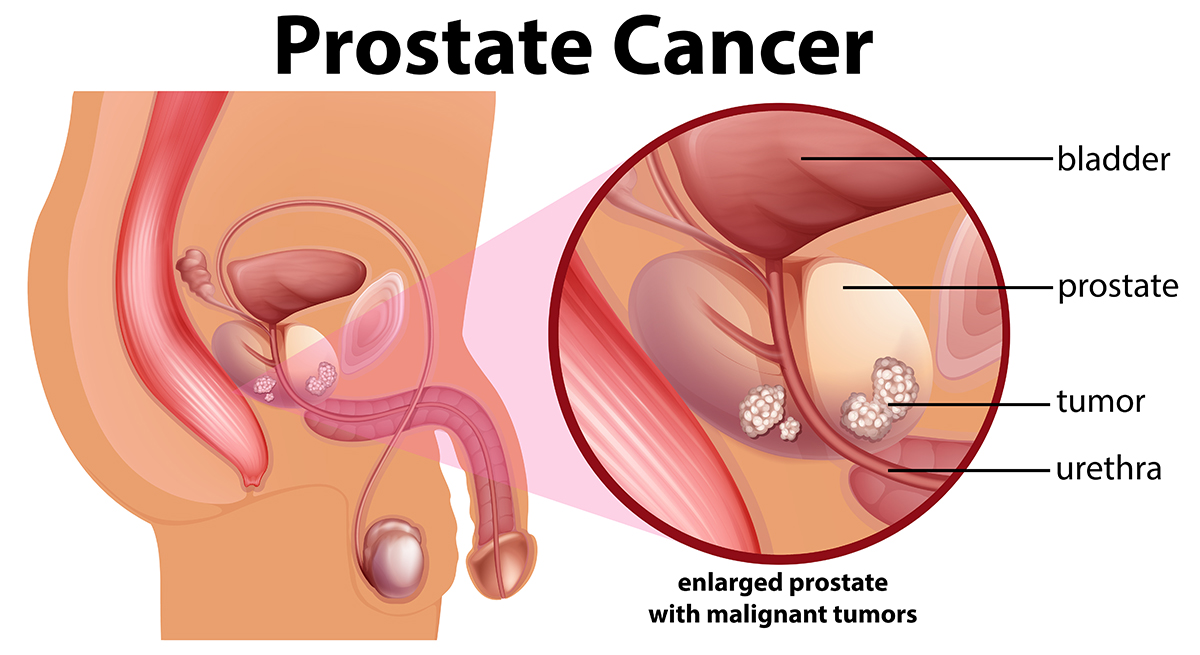13 Signs Of Prostate Cancer
As the prostate gland is so close to the bladder and the urethra, the most common prostate cancer signs are often associated with urinary symptoms. This is especially seen in the earlier stages of cancer. Some of these signs to look out for include:
- Difficulty urinating or trouble stopping and starting
- Pain or burning during urination
- Frequent urge to urinate, especially at night
- Decreased flow of velocity or urine
- Loss of bladder control
- Blood in urine or semen
- Erectile dysfunction or difficulty
- Painful ejaculation
In the later stages of the cancer, it can begin to spread outside of the prostate gland. It's especially important that you understand how to spot these symptoms as they could mean the cancer has become more serious. These early signs and symptoms of prostate cancer include:
- Unexplained weight loss
- Fatigue
- Pain in the hips, thighs, back, shoulders or bones
- Change in bowel habits
- Fluid build-up or swelling in the feet or legs
What To Do Next
If you think you have one or more of the symptoms of prostate cancer listed above, then the first thing you should do is visit your doctor. They can perform a screening, a PSA or DRE test, which can show if prostate cancer may be present. They will then let you know the next steps and if you need to take immediate action with a prostate health treatment or if you need to just monitor the situation.
Unfortunately, for many men, the early stages of prostate cancer can have no noticeable signs or symptoms so if you do have it, you might not even know until the later stages. For this reason, if you're over the age of 50, it's recommended that you have routine screenings for prostate cancer. Additionally, if you have a family history of prostate cancer, your doctor will most likely suggest regular screenings at an earlier age to be sure.
Overview
Men’s prostate health is something that should be taken seriously throughout your life, not just when you get older or if you spot the potential signs of prostate cancer. To look after your prostate, eat a healthy diet high with foods that are rich in antioxidants and Omega 3 fatty acids. You can also take a prostate health supplement to look after the gland as you age. If you spot any of the symptoms of prostate cancer though, visit your doctor immediately; waiting and thinking it’s nothing could make the difference in treatment, so it's always better to be safe than sorry.


